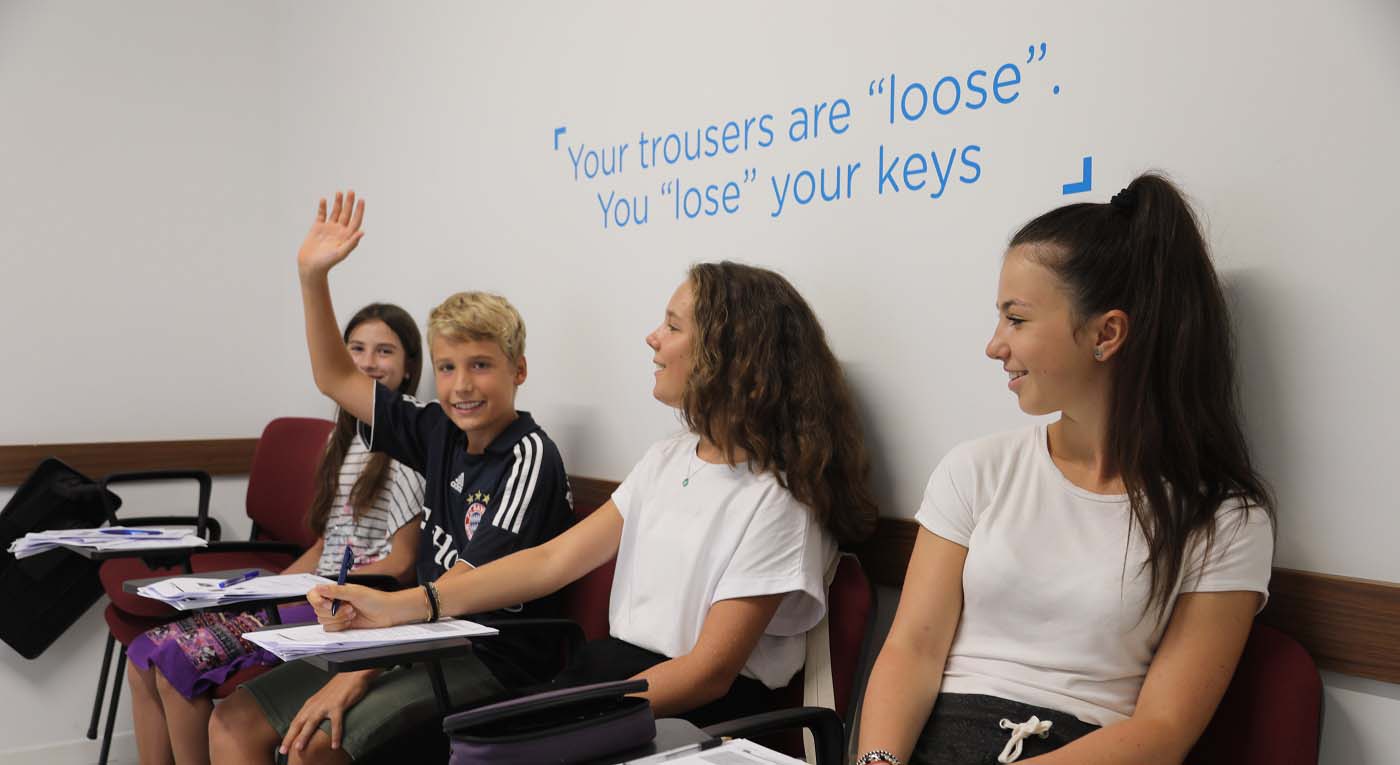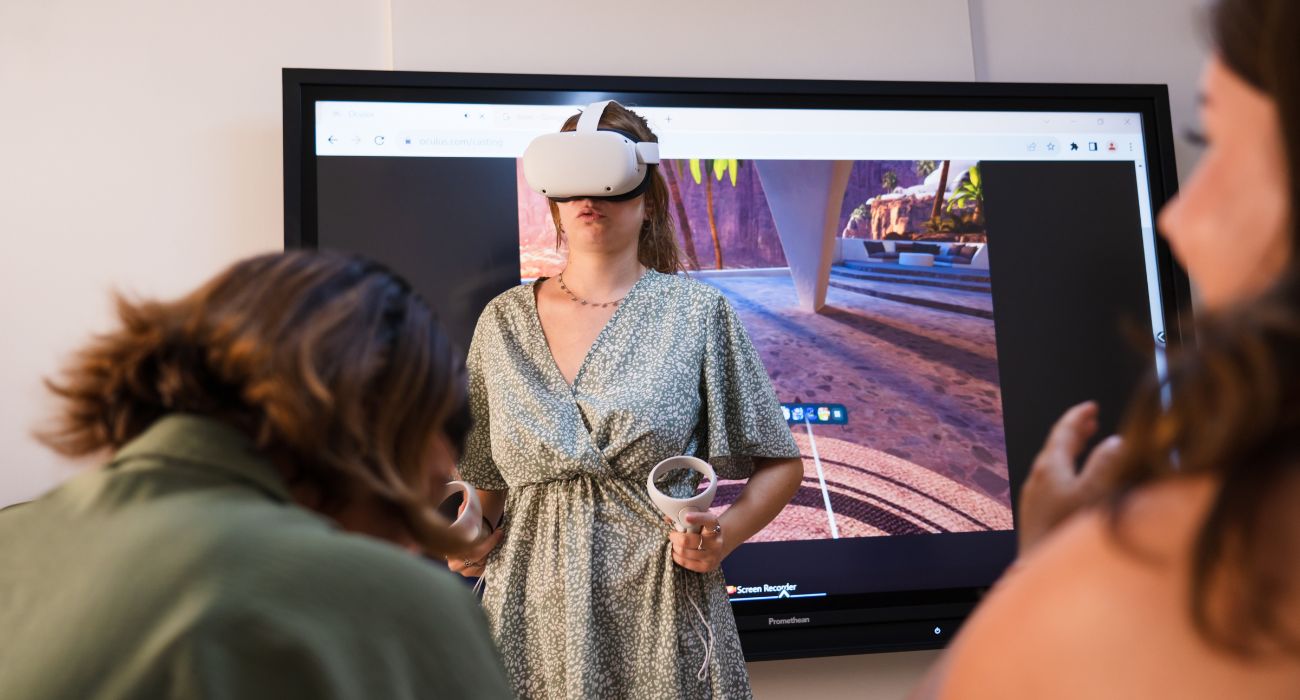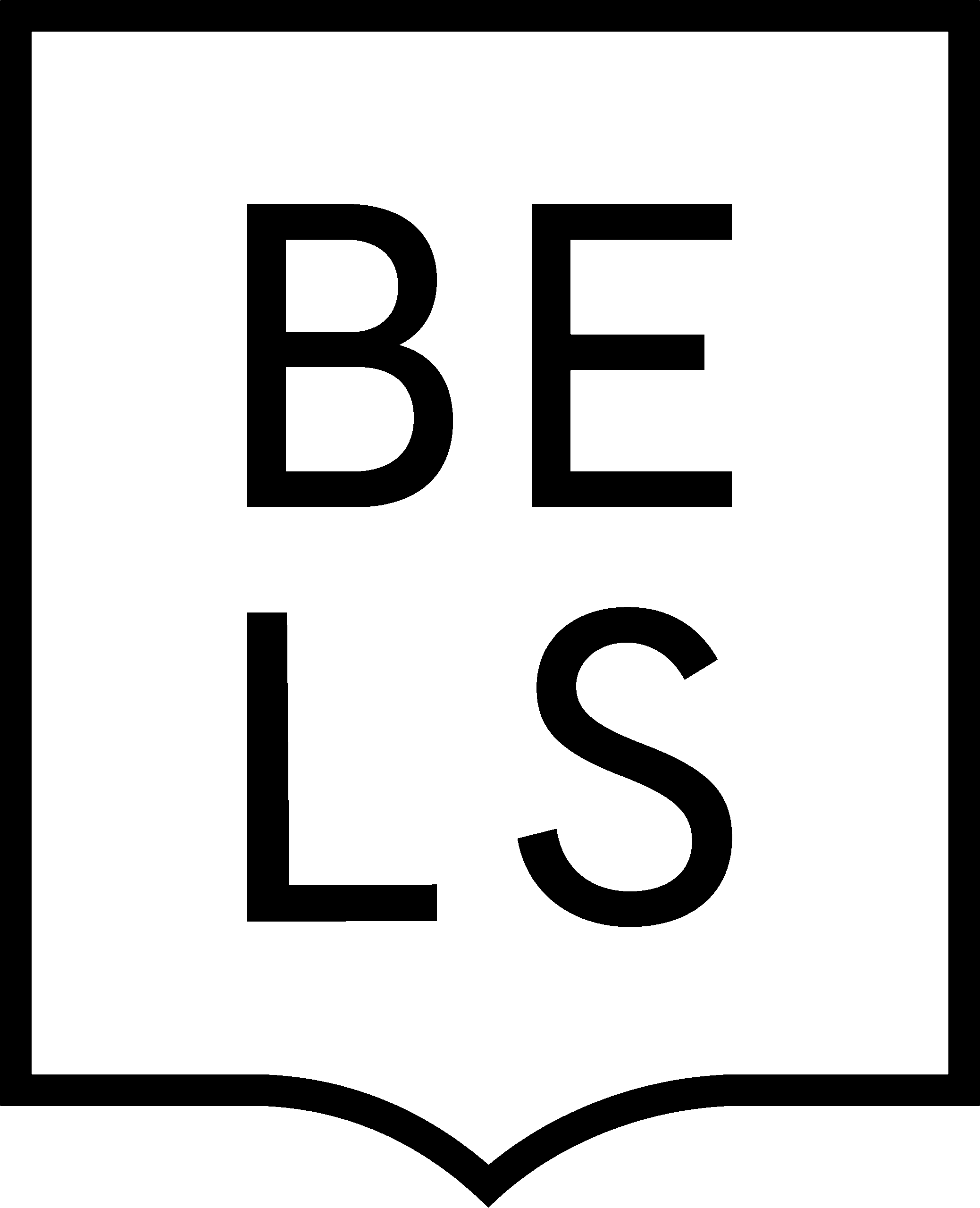8 Ways Teens Learn English at BELS Malta
In our courses, children and teens learn English in full immersion, while also developing 21st-century skills such as critical thinking, creativity, collaboration, and communication. Here’s how we provide a fully comprehensive programme combining a classroom-based setting with digital media and learning outside the classroom.

Teaching a class of adults and a class of young learners are miles apart. All courses use a communicative approach, digital media, and CLIL to amplify the learning experience. Through the topics we choose and our delivery method, we ensure that our English courses for young learners in Malta are engaging, encourage meaningful communication, and relate to aspects of their daily life and academic education back home. Here’s how that’s done:
1. Delivering Interactive, Student-centered Lessons
Using the communicative approach means that communication is central to all classroom activities. During our English for Young Learners courses, students actively participate in various collaborative tasks – roleplays, debates, pair-work, group work, projects, presentations, acting, and quizzes. Students actively participate and use the language throughout whatever the task or topic.
2. Grammar, Vocabulary and Pronunciation too!
Does this mean English only concentrates on speaking skills for young learners in Malta? Definitely not. It’s a style of teaching all skills (reading, talking, writing, listening) and systems (grammar, vocabulary, phonology, discourse) that make the language more meaningful.
3. Using Meaningful Language
The language we teach our students isn’t rigid, textbook language. We ensure that students are taught the real-world use of a language in all contexts, areas of life, and registers.
With their teacher, students will discover the language and how to use it meaningfully. New language points are introduced through relevant and authentic contexts such as [ordering food at a restaurant, discussing hobbies, or describing a family member] familiar to the students to ensure the correct meaning and use of the language point is understood. After that, students are guided to use the language naturally and personally to show them how to incorporate it into their daily lives.
When language becomes meaningful, learning is compelling and memorable. This approach to teaching English to young learners boosts fluency and supports real-life usage of English, which benefits the learning process.
4. Choosing relevant and everyday topics
Our BELS Malta English for Young Learners courses are meticulously designed to captivate young minds. Our dynamic teachers constantly update their course material to remain relevant. This ensures that our lessons ignite practical and meaningful discussions about topics that young learners are not only interested in but also encounter in their daily lives.
Our coursebook is a renowned publication based on authentic material adapted to all levels of English. The topics are age-appropriate and reflect the student’s interests and learning stages. This allows teachers to help students develop their English skills in a way that is easily applicable to their daily lives.

5. Combining traditional and digital course content
At BELS, we believe in providing a comprehensive learning experience that mirrors real-world English usage and develops all life skills. That’s why we create course content that seamlessly blends traditional and digital materials.
To facilitate learning, a digital version of the textbook is displayed on interactive boards during the lesson, allowing for interactive learning and immediate access to additional resources. Each coursebook also allows access to an online learning platform with original material for self-study, providing students with the opportunity to review and practice what they have learned in class at their own pace.
6. Using CLIL (Content and language integrated learning)
This approach refers to teaching subjects such as [the water cycle in science, the Roman Empire in history, and the continents in geography] to students through a foreign language. The benefit of this is that students learn the content and the foreign language at the same time. It helps them widen their knowledge of subjects they need to learn at school and, more importantly, how to talk about these subjects in English. This is useful for their eventual work life or studying abroad.
7. Having Weekly VR (Virtual Reality) English Sessions
In addition to our traditional English courses, we also offer virtual reality (VR) English courses for young learners. These courses are held once a week and provide an immersive and interactive learning experience.
Through VR, students can explore different environments, interact with objects, and engage in conversations with virtual characters. This technology allows for a unique and engaging way of learning English that is both fun and effective. Our experienced teachers guide students through the VR experience and facilitate discussions to ensure that language learning is taking place. These sessions are a great supplement to our traditional courses and provide an opportunity for young learners to experience English in a new and exciting way.
8. Learning English Outside the Classroom
At BELS Malta, we believe in immersive English language learning. Our study trip program offers students a comprehensive language learning experience beyond the classroom. Our students come from all over the world, creating a mixed nationality program that fosters an environment of cultural exchange and language learning.
We offer a variety of activities that allow students to practice their English in real-world settings, including cultural excursions, sports, and social events. These activities are organized by our experienced staff to ensure students have fun while practising their English in a relaxed setting.
Are you struggling to motivate and inspire your children or teens to learn English?
Traditional teaching methods in the classroom can be boring and uninteresting, leading to students developing a negative attitude towards English classes, homework, and anything related to the language. It can be especially challenging for students to learn the language, understand its purpose, and apply it to their daily lives and future aspirations.
But it doesn’t have to be this way. At BELS, we offer an incredible international learning experience where your child can completely immerse themselves in an English-speaking environment, make new friends, learn about different cultures, and have a lot of fun while learning the language naturally. Trust us, your child will come back home feeling inspired!
So, let’s connect and plan the perfect study trip for your child – email us at [email protected].
Courses for Children and Teens in Malta
At BELS Malta, our courses start from the age of 7! We also run classes for adults at the same time, making it possible for the whole family to join courses.
Browse Options